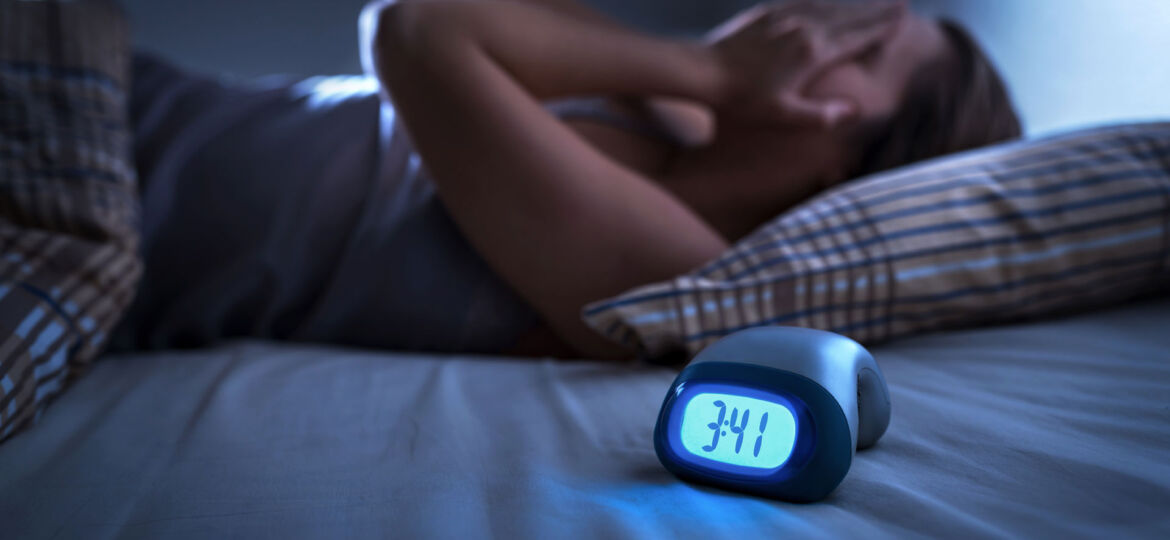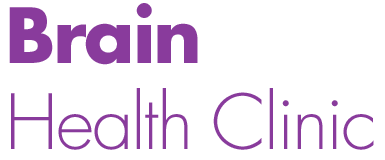
Neurofeedback Can Help You Get to Sleep
If you experience insomnia, you may have a problem with sleep latency. This term describes how long it takes you to get to sleep. A person who falls asleep the moment their head touches the pillow has a very short sleep latency. People who take a long time to fall asleep have a large sleep latency. If you go beyond twenty minutes to fall asleep on a regular basis, you are likely experiencing insomnia. Fortunately, neurofeedback is known to help improve your sleep latency.
A 2019 study in the journal Basic and Clinical Neuroscience looked at the effects of neurofeedback on the sleep quality of people with migraines. Bad sleep is often implicated in migraines, especially for people who wake up with a headache. The researchers wanted to determine if neurofeedback would help their subjects experience better sleep and whether or not the effects were long-lasting. For patients with both migraines and insomnia, the results are encouraging.
The patients in the neurofeedback group received twenty 45-minute sessions of neurofeedback. At the end of the therapy period, neurofeedback subjects reported an improved quality of sleep. Statistically, they also shortened their sleep latency. These results persisted even two months after the study when a follow-up was conducted. In the words of the researchers, “based on the results, neurofeedback treatment significantly improved subjective sleep quality and sleep quality compared with the pre-test and over a two-month follow-up. Furthermore, sleep latency decreased in the neurofeedback group.”
An Added Benefit — Reduced Anxiety
As an added benefit, the scientists noted this improvement in their subjects: “The protocol used in this study on patients with migraine decreased their anxiety.” Anxiety is often found in migraine patients. The authors of the study believe that neurofeedback “helps the individual to safely control his psychological state and deal with anxious thoughts throughout his daily life.” They proposed that this reduction in anxiety was directly related to the improvements in sleep quality.
Remarkable Conclusions About Neurofeedback
The study was extremely positive regarding the advantages of neurofeedback as a therapy for sleep disorders and migraines. “Considering the short-term treatment, lack of side effects and the effects on brain waves and interactions, neurofeedback has various advantages over many interventions such as pharmacologic interventions.” They additionally described neurofeedback as “a safe and non-invasive method, which improves brain cell growth and change.” In their conclusion, they finished by saying “we recommend this intervention for improving the sleep status of migraine patients.”
If you would like to try neurofeedback to help you get to sleep faster, deal with insomnia and other sleep problems, assist with migraines, or all of the above, contact the Brain Health Clinic for a free consultation. Speak to us over the phone or via our online contact form for more information.
